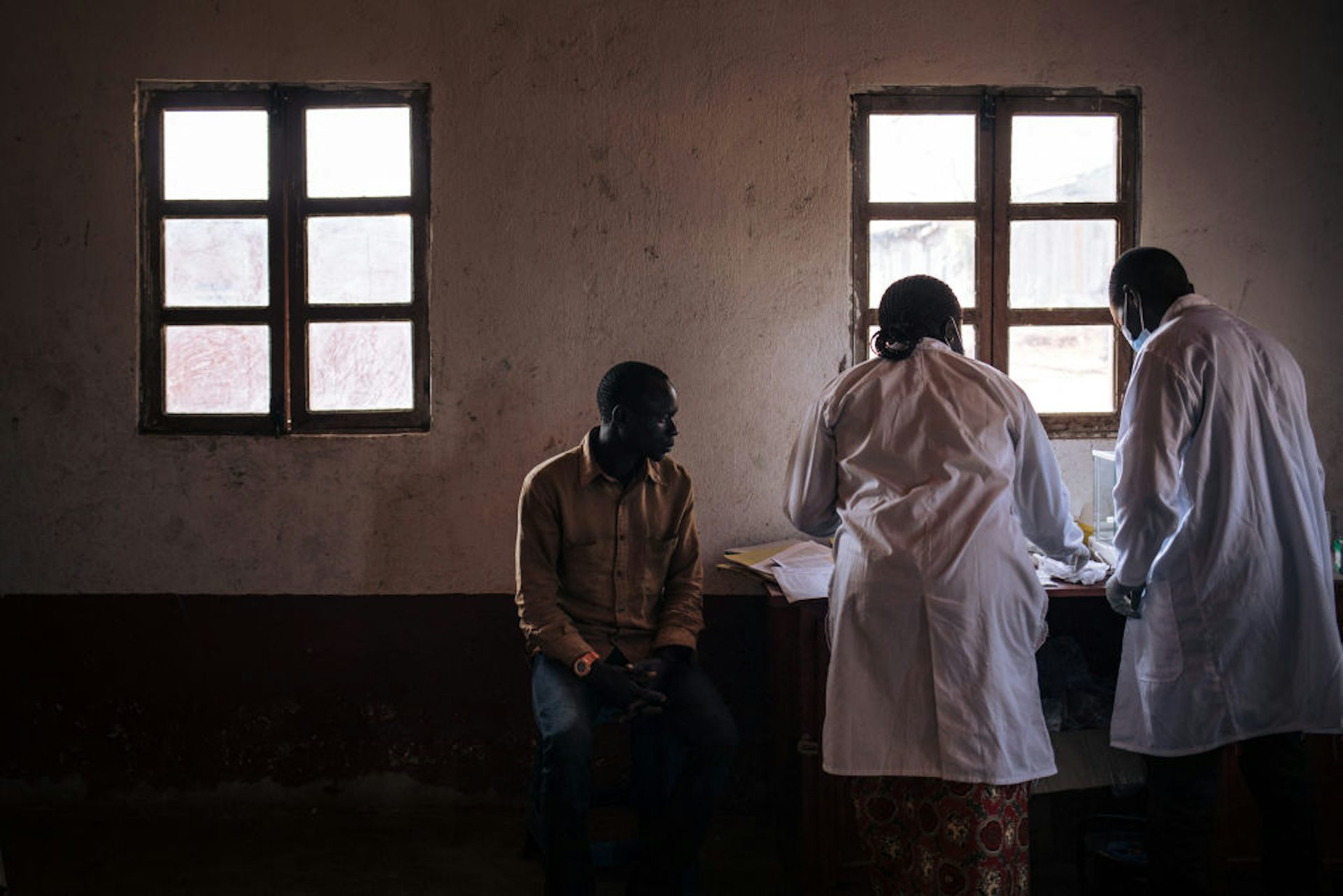Will Trump and the FCC heal or worsen America's digital divide?
The Trump administration's proposed budget suggests it will continue to spend federal dollars on expanding broadband internet access. But the rules governing internet traffic matter too.

Many of the Trump administration’s spending priorities seem to be dramatically different from those of past administrations. But at least one, on the surface, appears to have been preserved: expanding access to broadband internet.
As far back as 1996, the U.S. federal government has worked, and spent tax dollars, to get all Americans access to high-speed internet service. The effort began under the Clinton administration, and accelerated when George W. Bush’s administration promised to ensure all American households had broadband access by 2007.
Bush was unable to fulfill this promise, so the Obama administration kept at it. And though it is still early, there are no clear indications that the Trump budget will break from this emphasis on expanding broadband access to Americans who don’t yet have it. But the benefits of the internet depend on more than access to the wires; the rules about online traffic are at least as important.
The state of the American internet
Quite a bit of work remains to get Americans online. In 2016, a federal report found that roughly 10 percent of Americans lack access to high-speed internet service. There is a sharp divide between urban and rural communities’ access: Just 4 percent of urban-dwelling Americans don’t have even the chance to buy internet service that meets federal definitions of broadband speeds. In rural America, however, 39 percent of Americans lack broadband access. For Americans living on tribal land, it’s worse: 41 percent of them don’t have access to high-speed internet.
These numbers suggest that efforts to expand broadband access have been very successful for some communities, and much less so for others. This digital divide means those with internet access gain advantages while people without it fall behind.
The internet is useful not only for keeping in touch with friends and family, but also in applying for jobs, working to earn money and expanding educational opportunities. What’s more, as my research discusses, governments are increasingly using the internet to provide public services and connect with citizens – including using online disclosure to improve transparency and accountability. If these gaps continue into the future, large numbers of Americans will be alienated from the rest of the country, and potentially from democracy itself.
Broadband as a public utility
If citizens don’t have high-speed internet service connecting them to markets, schools and government, they can’t engage in activities that could significantly improve their well-being. Recognizing this fact – that internet service is now as central to American social, business and civic life as electricity and telephone service – the Obama administration successfully rallied the Federal Communications Commission to classify broadband access as a public utility.
Federal courts also played a role, ruling that the FCC had to declare the internet a public utility if it wanted to ensure “net neutrality,” the principle that all online traffic should be treated equally. That way the media conglomerates that own the country’s major internet service providers can’t unfairly stifle competition from startups. For instance, Comcast couldn’t slow down Netflix content in hopes customers would prefer to use Comcast’s own video services, which could be delivered more quickly.
The intent was to foster conditions for more equal access not only to the internet itself, but to all its various content. The internet’s benefits come, after all, not from the connection itself but the data that travels over that connection.
Regulating content
Even as Trump’s budget apparently continues to focus on consumers’ access to the wires, his administration is taking aim at what information people access online. Trump’s chairman of the Federal Communications Commission, Ajit Pai, has begun the process of dismantling the Obama-era net neutrality regulations. Pai, a former Verizon corporate attorney, has argued that market forces are better than government rules when it comes to ensuring equitable, efficient and effective service delivery.
But evidence suggests the opposite: Relying upon market forces alone can actually exaggerate rather than attenuate existing inequalities in service provision. To date, the research suggests that internet policy is not closing existing divides but rather preserving – or even worsening – them.
Efforts to expand broadband access, including Obama’s National Broadband Plan, have created trillions of dollars in economic growth. And yet people who were disadvantaged before the dawn of broadband remain, in large part, disadvantaged today.
Trump’s budget proposal calls for upgrades to broadband infrastructure. At present there are few details about what exactly those efforts will look like. But Pai’s moves to deregulate online activity suggest the administration won’t use other regulations to guide broadband expansion.
That leaves unclear what methods, if any, the Trump administration will use to ensure all Americans get equal access to this important resource for personal and civic life.
Gregory Porumbescu does not work for, consult, own shares in or receive funding from any company or organization that would benefit from this article, and has disclosed no relevant affiliations beyond the academic appointment above.
Read These Next
Billions of dollars, decades of progress spent eliminating devastating diseases may be lost with und
Public health campaigns had made significant strides toward eradicating diseases like elephantitis and…
Operational secrecy kept the US from making evacuation plans – and that means Americans in the Midea
A longtime diplomat explains how the State Department normally encourages and helps Americans to leave…
How Denver’s Northeast Park Hill community reduced youth violence by 75%
A neighborhood coalition identified risk factors for youth violence and prevention strategies.





